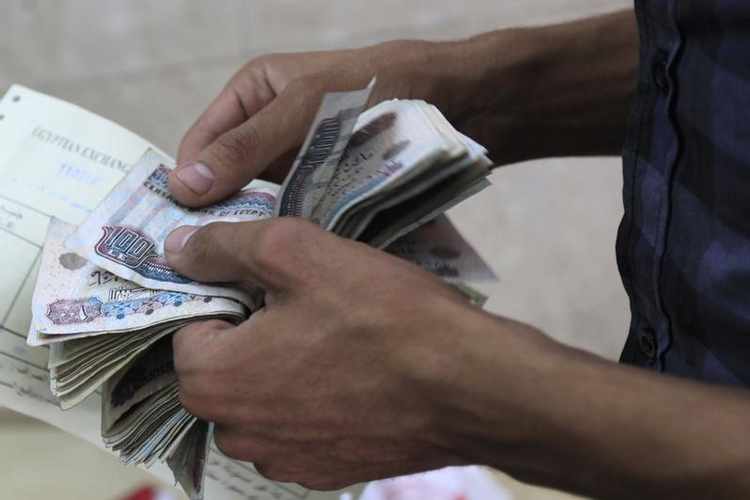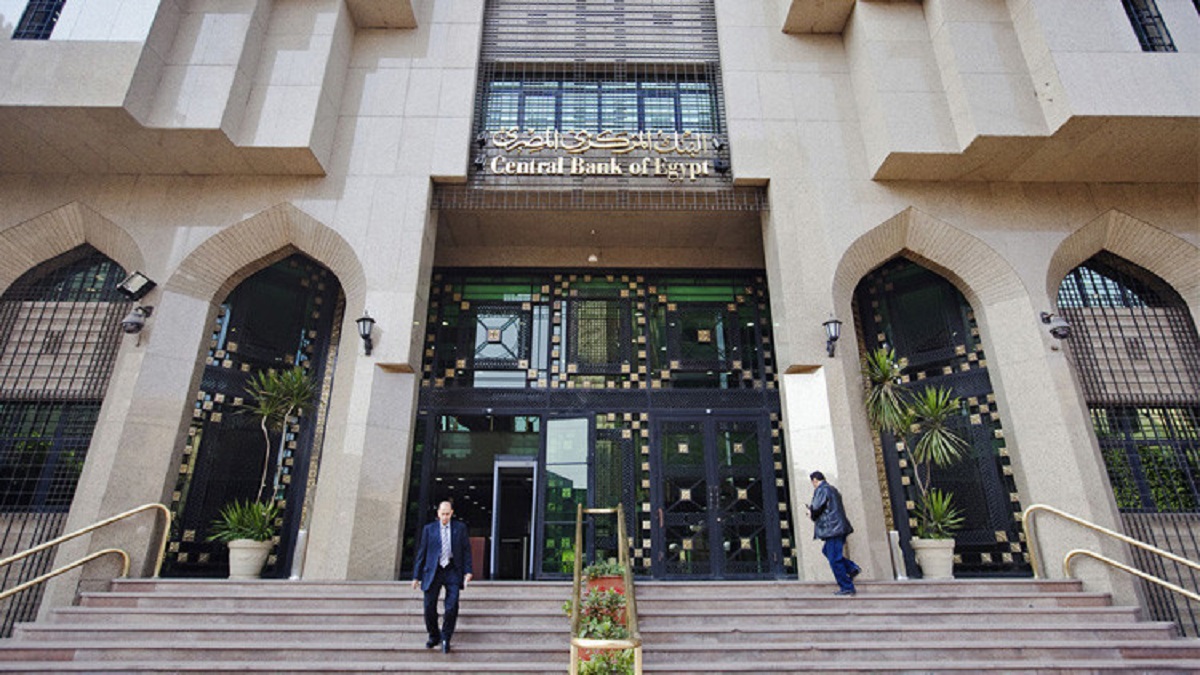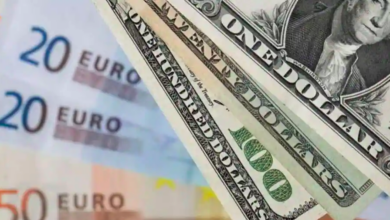Egypt's foreign reserves rose by US$302 million in May, their second successive monthly increase, but the positive number may mask a continuing deterioration in Egypt's finances, analysts and traders said.
Foreign reserves climbed to $15.52 billion at the end of May from $15.21 billion at end-April, the Central Bank said.
The reserves figure apparently includes $1 billion that the central bank received from a 15 May sale of dollar-denominated T-bills to local banks, money from that came from inside Egypt and does not represent an improvement in the balance of payments.
When the central bank receives funds from T-bill sales, it transfers them to the Ministry of Finance in Egyptian pounds while keeping the US dollars as foreign reserves, a Cairo-based currency trader said.
This would indicate that without the $1 billion in dollar T-bills, reserves would have fallen by $700 million, traders and analysts said, a number that suggests Egypt continues to bleed from the political and economic turmoil of the last 18 months.
Reserves have tumbled by more than half since the popular uprising in early 2011 scared away tourists and investors, two of Egypt's main sources of foreign currency.
"The point is there are no capital flows coming back into Egypt, and that's probably the bad news," said Said Hirsh, an economist at Capital Economics.
This may change next month.
A $1 billion deposit that Saudi Arabia agreed to extend in May only entered Egypt's Central Bank on 2 June and will appear in the end-June foreign reserve figure, Finance Minister Momtaz al-Saeed told Reuters.
The deposit is part of a package of financial support first promised by Saudi Arabia a year ago.
Telephone sales
End-June figures may also include the proceeds from the sale of shares in Egyptian mobile phone company Mobinil to France Telecom last month.
France Telecom executed its purchase of Mobinil shares on 27 May for a total transaction value of LE19 billion (US$3.15 billion).
Currency traders say there has been no sign so far of an influx of foreign currency from the Mobinil transaction, but they expected funds to arrive soon.
Economists say the government has been depleting the reserves in an effort to prop up the local pound currency, which has fallen just 3.6 percent since the uprising.
Hostility between the army-backed interim government and Islamist-dominated Parliament has led to months of policy paralysis, hampering efforts to engineer an economic recovery.
It has also delayed a $3.2 billion emergency loan from the International Monetary Fund, seen as a necessary step to secure billions more in aid from other donors.
With tourism still suffering and foreign investors loath to return, Egypt's main weapon to avoid a balance of payments crisis has been its oil-rich ally Saudi Arabia.
Another $500 million that the Saudis pledged to use to buy Egyptian T-bonds was transferred on 4 June, Saeed said.
Egyptian financial newspaper Al-Mal said on Tuesday the Saudis had subscribed to buy seven-year bonds carrying a coupon of five percent.




